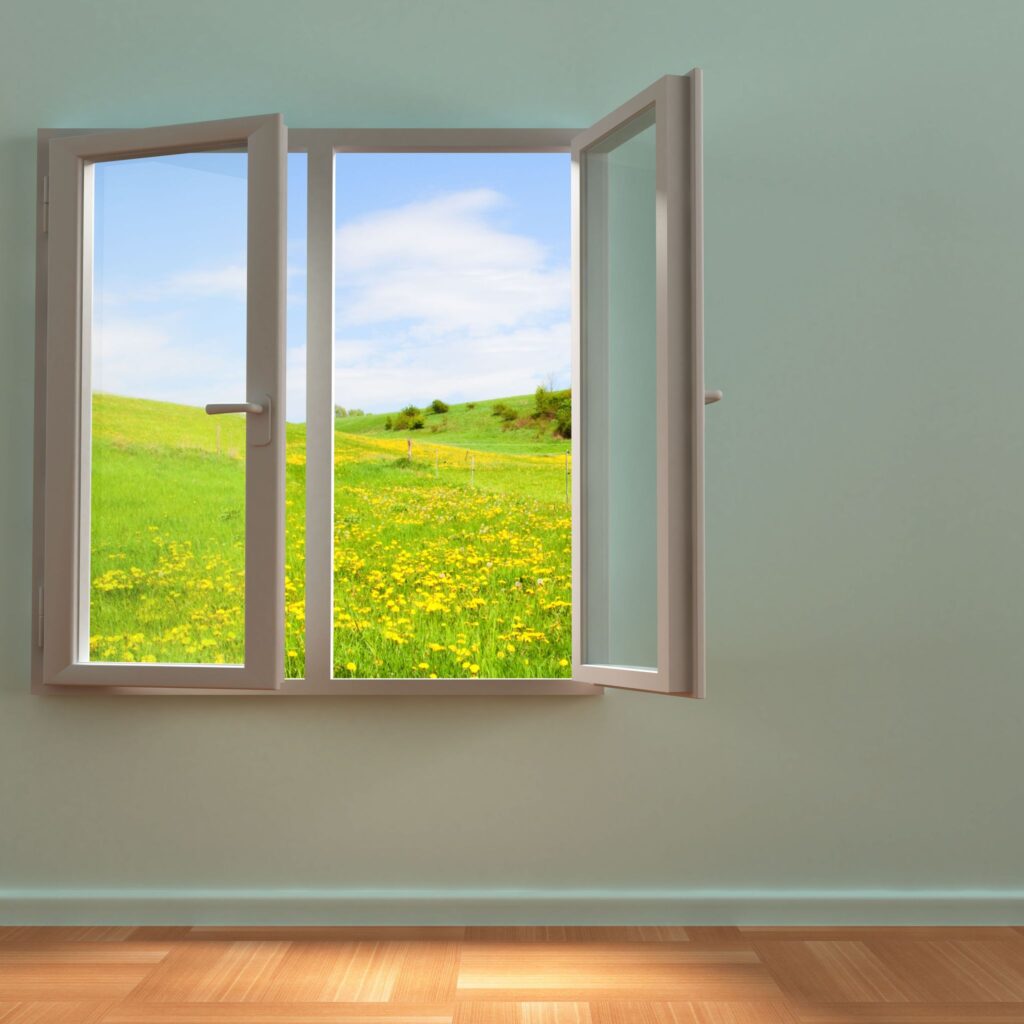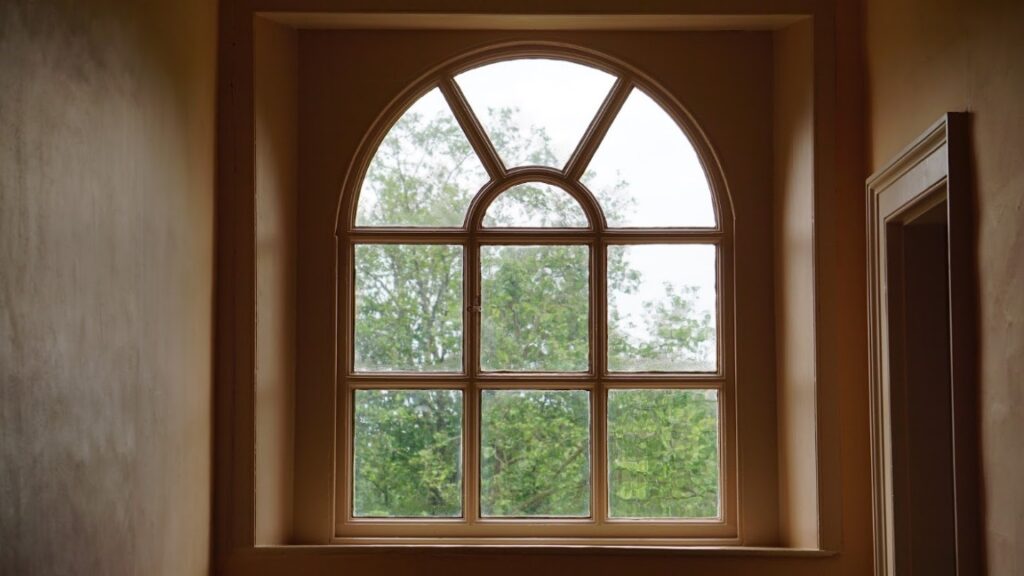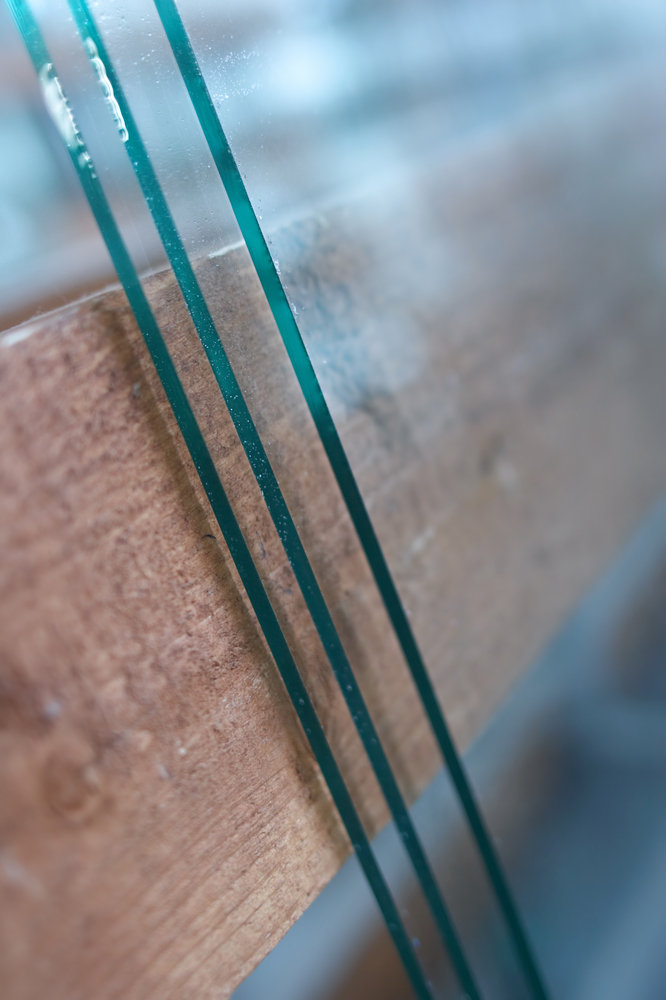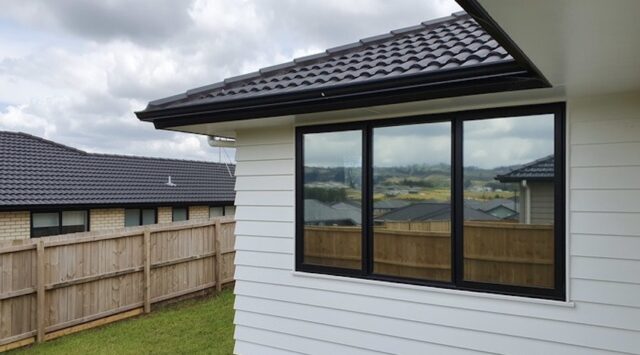When it comes to repairing or restoring stained glass, there are a lot of different materials and products that can be used. Epoxy is one option that has been gaining popularity in recent years. But is epoxy good for glass? And if so, what are the best ways to use it?
Let’s look at epoxy and its potential uses for broken glass restoration. We’ll also discuss the pros and cons of using epoxy so that you can decide if it’s the right choice for your project.
Featured article: Can I Repair My Cracked Glass?
Repairing Glass With Epoxy
Epoxy is a widely used term for any glue that requires the use of two components to mix before it hardens. The component commonly referred to as epoxy, resin, and sometimes primer is one part, while the activator or hardener makes up the other. This type of multi-component product can also be bought as a two-part adhesive.
Just like solvent or water-based glues, epoxy is a popular choice for fixing damaged areas on the glass of all types. The benefits include making the repaired area harder to see, working well with curved surfaces, and having superior strength compared to alternative products. When appropriately applied, it will work for just about any type of glass, including plain, tempered, laminated, and wired.
When fixing a crack in glass with epoxy, it’s essential to use the correct type of product for the job. More complex epoxy glass repair should always be done by a professional glass worker familiar with this type of repair. Commercial window repair is also best left to the professionals.


How To Apply Epoxy To Window Glass
We all know that epoxy is a good adhesive for glass because of its strong bonding property and clear form. In fact, we’ve been using it to seal, put together, or repair broken glass projects like the restoration of picture frames, glass vases, or chipped windshields.
Epoxy is formed using two chemicals- resin and hardener. Polymerization occurs when these two are mixed, controlled by temperature and time. Epoxy is often used to fill in cracks or holes in glass. It can be tinted to blend in with glass, but it is less durable than the glass itself. A glass repair kit comes with the necessary tools for this job and can usually be found at the hardware or glass supply shop.
Featured article: Is Gorilla Glue Good For Glass?
Here’s a quick process of repairing glass using epoxy:
- Step 1: Use a detergent soap to clean the glass and let it dry thoroughly.
- Step 2: Mix the epoxy. Always check directions or leave the job to the professionals who are well-versed with the ratio and cure time of the materials.
- Step 3: Spread a small amount of epoxy into the hole or crack.
- Step 4: Let the epoxy cure.
- Step 5: Polish the glass using glass cleaners.
Epoxy Pros And Cons
Epoxy is highly durable but should only be used in glass in good condition. Otherwise, it can chip or crack when glass is bumped or stressed by changes in the weather.
Pros:
- Strong bond: Once properly applied, epoxy creates a strong bond between surfaces which can last almost indefinitely
- Permanent bond: As epoxy is very difficult to remove once cured, it is often the best choice for permanent applications
- Forms a smooth surface: The very nature of epoxy means that it can be sanded down and painted over quickly, creating a uniform finish
- Available in many colors: One reason that epoxies are so popular with model makers is that epoxies are available in many colors.
- Durable: Epoxy can be used for almost any application, creating a long-lasting bond even under extreme conditions
Cons:
- Mixed incorrectly, epoxy can fail to cure or take days. This is especially common with inexpensive brands of epoxy, which often contain incorrect quantities of hardener.
- Epoxy creates fumes during application: While these are not harmful, they can be unpleasant to work with and should be used in a well-ventilated area
- Can damage surfaces: While epoxy can create bonds on most materials, it can also cause damage to some types. This is especially true of plastic.
- Can be challenging to apply: If epoxy is not applied correctly, it can have a very poor bond or may fail to cure. While this is less of an issue with the more expensive brands, which are often pre-mixed, it can still cause issues if done incorrectly.
- Does not create strong bonds on some materials: While epoxy can bond most materials, it will not work on all surfaces. It is never used to glue metal, for example.
One size doesn’t fit all when it comes to damaged glass repair in Toronto, ON. While we cannot deny that epoxy works on broken glass issues, there are still limits to its ability. For instance, broken glass on windows and doors requires a more complicated repair. So, it is always best to get help from a reputable glass repair and installation service company in Mississauga, Angus, Richmond Hill, and Concord.
Featured article: How Do You Melt Glass Back Together?

You don’t need to search far. Prime Glass is just around the corner! We have worked on residential and commercial glass doors and window repair for many years, providing expert services at affordable costs. Next time you need service, make an educated choice for a favorable outcome. Contact us!





